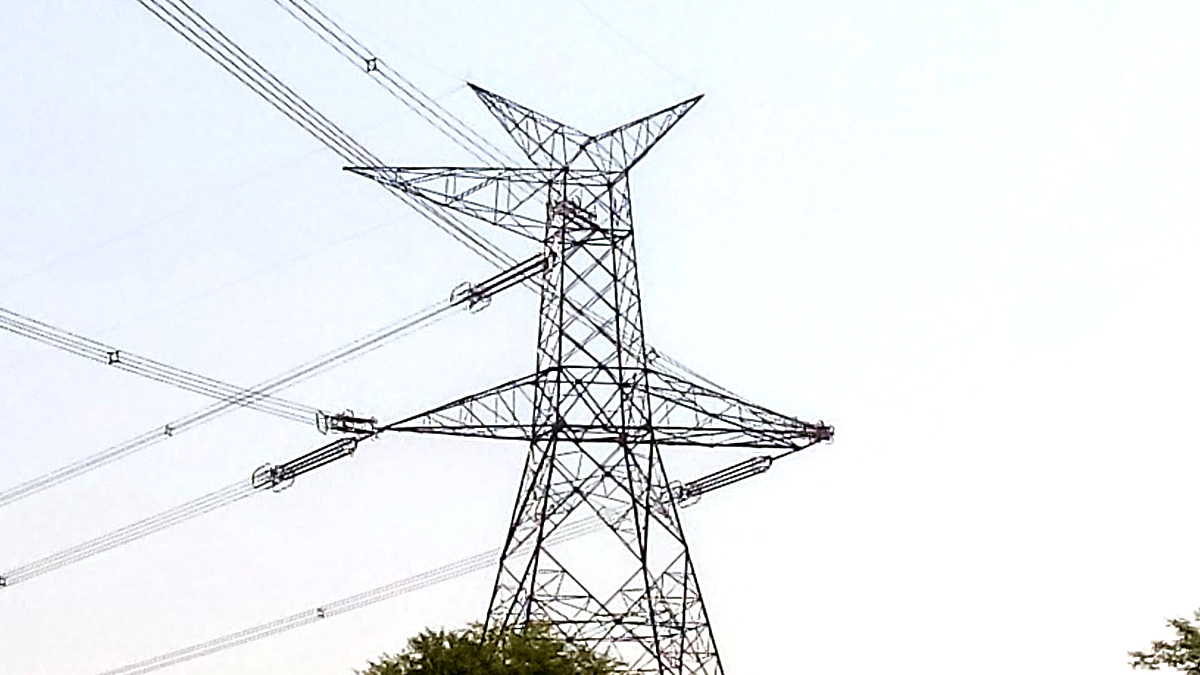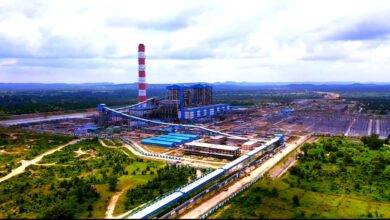One of the worst power outages faced by Pakistan was caused due to poor maintenance and subsequent failure of the protection system in the national grid. Many cities and towns across Pakistan plunged into darkness Saturday night following a major technical fault in the country’s power generation and distribution system. The officials admitted that the blackout had exposed the mismanagement on the part of the government in running the entire power sector of the country on an ad hoc basis.
The Central Power Generation Company (CPGC) runs the Guddu Power Station where the initial technical fault was reported to have taken place, leading to Karachi, Rawalpindi, Lahore, Islamabad, Multan and other places facing the blackout. The NTDC operates the country’s national grid whose protection system should have reacted to the Guddu station’s tripping and isolated the fault. Its system, meant to stop the transmission frequency from dropping, apparently did not work resulting in the cascading closure of all the power plants across the country in a matter of seconds. A human error triggered the massive outage was indirectly confirmed by Engineer Hammad Amer Hashmi.
“Seven officials working under Plant Manager-III are hereby laced under suspension with immediate effect and until further orders, on account of the negligence of duty which caused power failure found in view of a preliminary inquiry,” said Central Power Generation Company (CPGC).
The country’s Prime Minister Imran Khan has reportedly expressed displeasure over non-filling of the posts in power companies. Energy Minister Omar Ayub Khan said the breakdown occurred due to a technical fault at the Guddu station, which resulted in frequency declining from 50 to zero within seconds.
Officials said the initial fault appeared to have occurred at the Guddu station’s switchyard, but the protection system of the transmission network did not respond to the fault. The transmission system should have rejected the load from Guddu station through an automatic protection mechanism, but apparently this did not happen because of poor or insufficient maintenance and non-washing of transmission lines.
The Guddu-Sibi transmission line has been a familiar trouble spot because of extreme fog and other environmental issues and has seen tripping in the past as well. The protection system had been separating southern and northern parts of the country’s grid in the past.
The transmission lines used to be washed every year, sometimes repeatedly, depending on the fog in winters. He also called into question the past government claims that the protection system had been improved, particularly after the 2015 breakdown. Had the system been improved it would have gone into an island mode. Saturday’s power outage was the third such incident since 2015, which meant the protection system was either not upgraded or the upgrade was insufficient.













